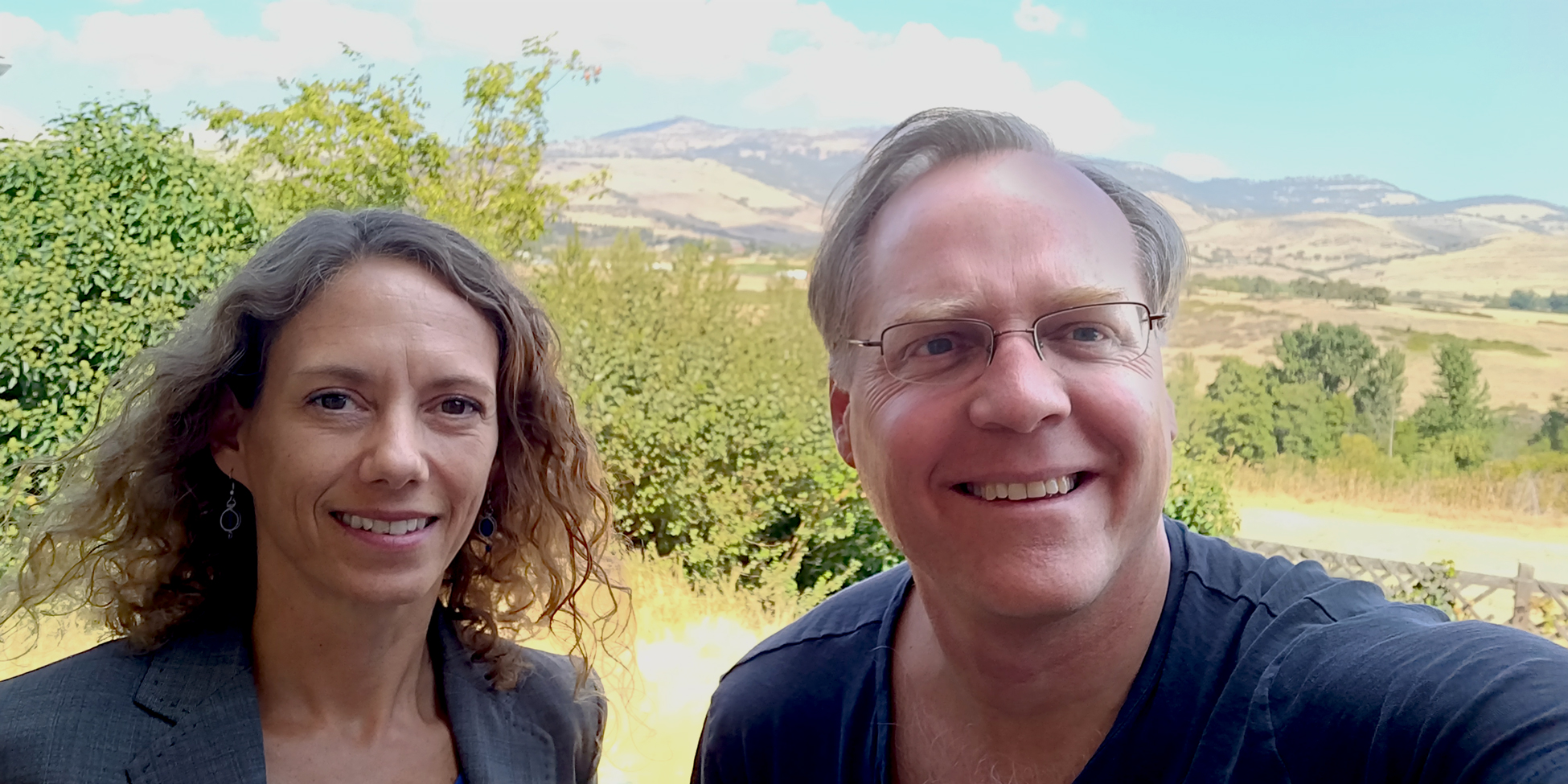
Poetry is lifting the heavy rocks.
The rocks in the boundary between the sensed world that we agree upon,
And that ineffable world at the edges of our own consciousness. Continue reading Doing Poetry: A Poem

Poetry is lifting the heavy rocks.
The rocks in the boundary between the sensed world that we agree upon,
And that ineffable world at the edges of our own consciousness. Continue reading Doing Poetry: A Poem

Heidi Gehman had some questions for Stephen about HLI. Heidi is a higher education administrator and former colleague of Stephen’s at Oregon Extension. This is part of Stephen’s conversation with Heidi about her work here.

Recently, the New York Times reported on a crisis in leadership at the New York City Ballet:
“The country’s premier ballet company, which has defined grace, speed and precision since the days of its co-founder George Balanchine, is now also a stage for the era’s #MeToo convulsions.” In the end, the ballet is looking to hire a new “humane leader.”
Principal dancer Ashley Bouder wrote on Instagram, “May we find a moral and fair individual to lead us out of this darkness and into future respect, integrity and success.” Continue reading The Leadership Game: Deciding Who Gets to Play

Stephen had the pleasure of talking about self leadership with Heidi Gehman, a higher education administrator and former colleague of Stephen’s at Oregon Extension, where she was teaching college courses in the Humanities. Stephen talks to Heidi about more humane leadership here.
We believe that a movement’s afoot and we resonate with these statements that seem to emanate from the movement’s ideals:
“I am on the track of a more essential thing: the compassionate uses of a mortal mind and body.”
–Czeslaw Milosz tr. by Catherine Madsen
“A man who has once perceived, however temporarily and however briefly, what makes greatness of soul, can no longer be happy if he allows himself to be petty, self-seeking, troubled by trivial misfortunes, dreading what fate may have in store for him.

The man capable of greatness of soul will open wide the windows of his mind, letting the winds blow freely upon it from every portion of the universe. He will see himself and life and the world as truly as our human limitations will permit; realizing the brevity and minuteness of human life, he will realize also that in individual minds is concentrated whatever of value the known universe contains.
And he will see that the man whose mind mirrors the world becomes in a sense as great as the world. In emancipation from the fears that beset the slave of circumstance he will experience a profound joy, and through all the vicissitudes of his outward life he will remain in the depths of his being a happy man.”
–Bertrand Russell, The Conquest of Happiness, 1930 p.227
Continue reading The Wisdom Movement